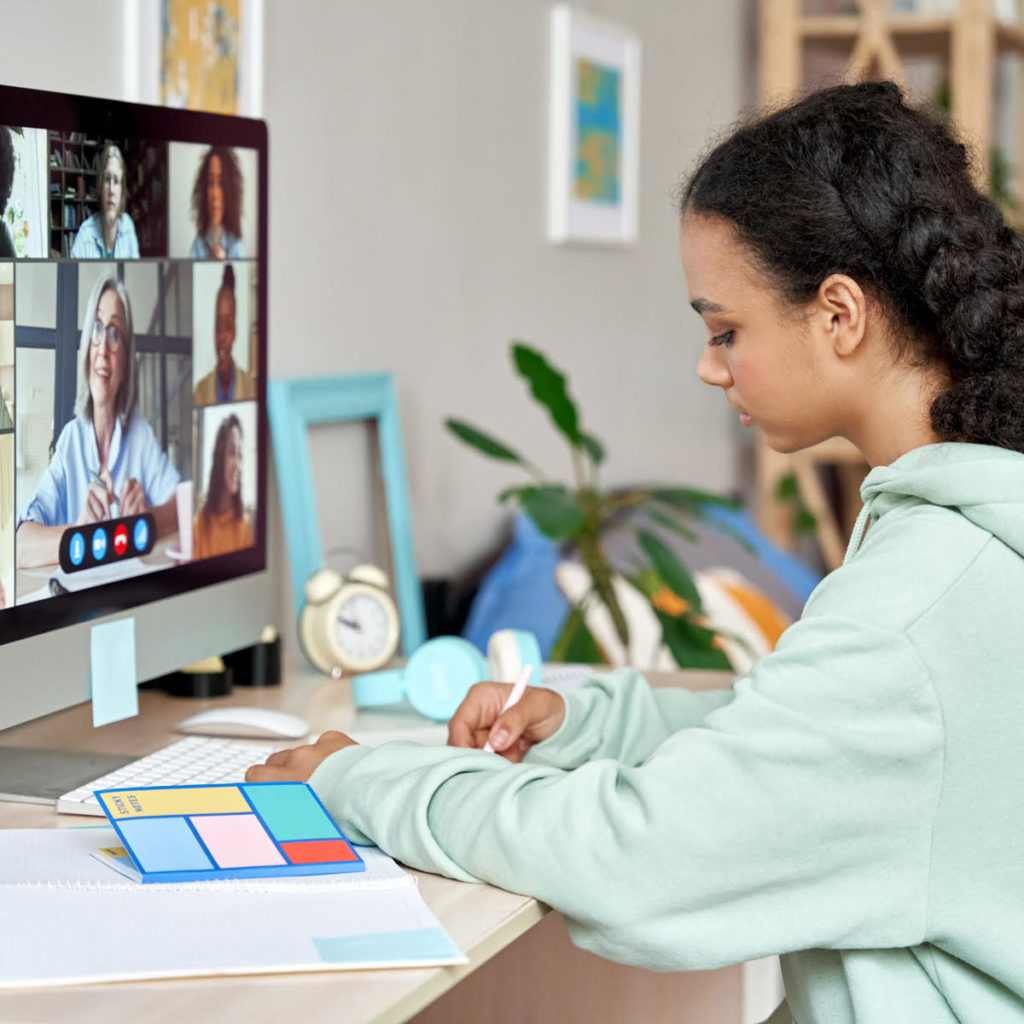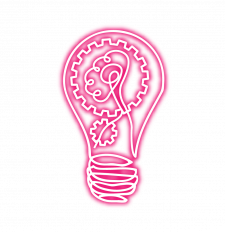In case it has not been said enough, this school year has been one for the record books. The 2020-2021 school year has seen many challenges and some new ways of learning that may very well stick around.
One obstacle we are seeing is student learning loss. Some students have not been able to attend class regularly, engaged in-class assignments, and in many cases, students were not getting the individualized attention necessary for success or differentiated learning. This can be due to a variety of reasons however the impact on students can be severe regression in academic growth.
Now, as we approach summer, many school systems and parents have been asking, “should we be doing something over the summer to get these students back on the pre-pandemic upward trajectory?”
This is not a simple question to answer.
Some students may greatly benefit from some type of summer learning program. While others have struggled more with school, learning, and motivation because of mental health issues.
So, as you as the parent or school consider what is the best course of action over the summer for your child/children, take some of the following ideas into consideration.
Socialization and Education Balance
This year, one thing I know most parents and educators recognize is the emotional impact students are facing due to a lack of socialization. This is absolutely true. Over the summer, you want to allow more time for socialization, but if you are finding your student needs to “catch up”, where is that balance?
How can you create a social and academic balance?
First, I would try to brainstorm ways to combine socialization and academics. There are tons of free, or paid resources if you want, that are fun and engaging but will also provide a great review of a variety of material. There are also lots of activities, mini-trips, or family vacations that you can plan that can accomplish both fun and work.
Some trip ideas include:
- Colonial Williamsburg, Virginia: This may not be close by, but Colonial Williamsburg is worth a trip. This location provides historical background on some of the earliest settlers in the United States. Also, nearby Williamsburg, is Jamestown. At Jamestown, there is even a replica colonial ship! At both locations, students will find living recreations of historical events and demonstrations of craftsmanship like blacksmiths. In order to provide some structure and create more of a focus on learning, you can find scavenger hunt worksheets for your child to complete. You can also have them write a summary of what they did and what they learned. Oh, and I should mention that Busch Gardens and Water Country USA are not far from these locations either. Here is the link to their site if you want to check this out further https://www.colonialwilliamsburg.org/
- Washington D.C.: There is so much here. And even better, there is a little bit of everything. You can visit the Capitol building or the National Archives. Try to make it to all of the museums, like The Smithsonian, the Museum of Natural History, the National Air and Space Museum, the Museum of American History, the National Museum of African American History and Culture, and several others. There are also many monuments and memorials to visit in D.C. too. These include the Washington Monument, the Lincoln Memorial, the Thomas Jefferson Memorial, the Martin Luther King Jr. Memorial, the Tomb of the Unknown Soldier, the Vietnam Memorial, the WWI and WWII Memorial. You can walk almost anywhere in Washington D.C. and find a museum or memorial to tour. And just like Williamsburg, you can find activities to do while you’re there to solidify learning or activities for after your trip. Check out D.C. and begin planning here https://washington.org/
Not everyone can afford to or has the time to go on a long family trip. So look for opportunities within your community or state to go visit. Look for museums, zoos, or aquariums. These places provide educational opportunities and in some locations, even classes or camps for students to attend.
Other activities to consider include at-home DIY science experiments or even movies that have an educational theme or message. Here is a list of 55 science projects you can do at home! https://www.weareteachers.com/easy-science-experiments/
If your child needs more regular work due to greater learning loss, another way to provide time for socialization and academics is to create a schedule. Your student may need to be working a little bit every day on academic material. If they have a schedule to follow and time is intentionally put into the schedule for them to go play or hang out with friends, they may be more motivated to complete their work. Students also thrive on routine and by having a schedule, they know exactly when it is time to work and when it is time to play.
How can I Know Where My Student Needs Help?
EmpowerED is now offering academic assessments which will ideally be conducted at the beginning of summer vacation and reassessed before school starts. This is offered virtually through zoom. Additionally, empowerED offers consultations in helping devise an efficient, effective, and balanced academic plan for summer.
Your child’s teacher is also an excellent resource. Many schools use various programs to track and monitor student progress throughout the school year. With many of these programs, they provide a printable parent report. This report will provide some level of detail where your students may be struggling.
Another place to look to see where your student may be struggling is their grades. If they have done poorly in a particular subject, this is where some practice should occur.
What More Can You Do to Help?
Many students may require structured support during summer to “catch up” on lost learning. Maybe you do not have the time or the resources to provide what your child may need. What are some resources you can use then to provide the practice your child needs?
- Tutoring
If you fear your student is really far behind and has suffered severe learning loss during COVID and school closings, you may consider hiring a tutor. A tutor will be trained in specific subject areas and will work with students on areas of weakness. When hiring an empowerED tutor you will have a consultation to discuss what those areas are and how our tutors will target areas of weakness.
- Online Programs
Like I mentioned before, your students’ school may have an online program they already use and students can continue working with those. If your student’s school does not have a program like this, then you may want to find an alternative. Some online programs can help identify your students’ area of need and provide work in these areas are free while others require a subscription and monthly payment.
Scholastic Learn at Home is a program that offers lessons from Kindergarten through 9th grade. This is a subscribe and pay program though. Check out their site for more details https://learnathome.scholastic.com/
IXL is another program that offers some of its content for free. Students will need to create an account but they can do a lot of the work and lessons without having to pay. Here is their site for you to look into exactly what they offer for free https://www.ixl.com/
Because learning loss is a common issue, many online resources are providing free trials and even free access in order to help parents and students.
- Small Learning Groups
Working in small groups is a great way to combine both socialization and academics. You might live in a neighborhood that has multiple children around the same age. Reach out to these parents and try to form a study group. Also, look online for other local groups, tutoring centers, or homeschool co-ops that may be offering openings in learning groups.
Additionally, empowerED offers individual and group online and in-person sessions specifically catered to your child’s needs.
Final Thoughts to Consider
At the minimum, please make sure your child is reading 20-30 minutes a day. Studies show if a student does this at a minimum, cognitive abilities are further developed. Students who read proficiently have an easier time absorbing and processing new information, which improves learning across the curriculum. It also fosters imagination, creativity, and critical thinking. It builds self-confidence, sharpens social skills, and leads to improved collaboration. You can find more benefits and research to support reading 20 minutes a day here https://hes.rcstn.net/common/pages/DisplayFile.aspx?itemId=7296271
Before the end of school, I encourage you to check in with your child’s teacher. They will know the best type of work from which your child will benefit from focusing over summer.
Feel empowerED,
Nicole






